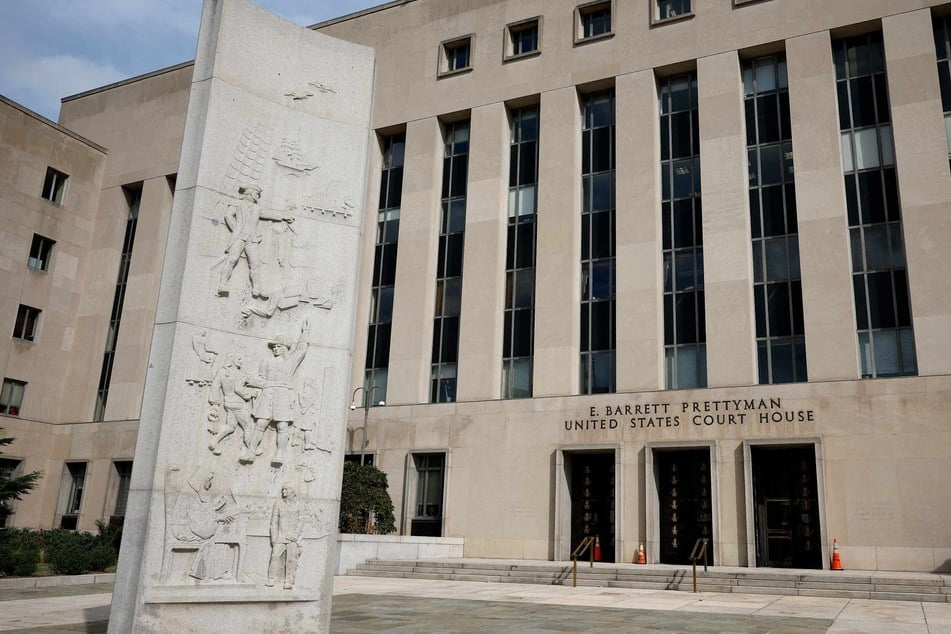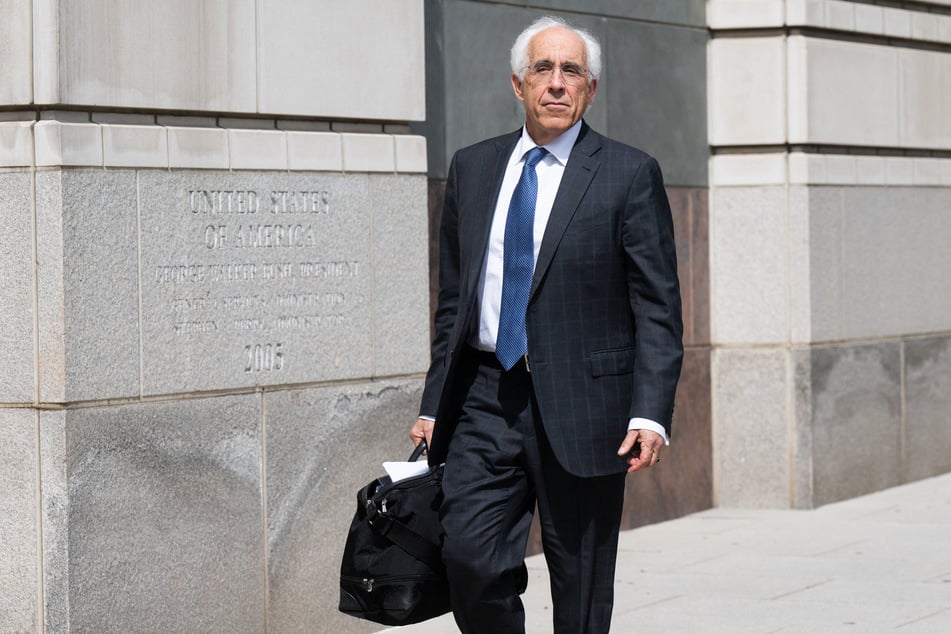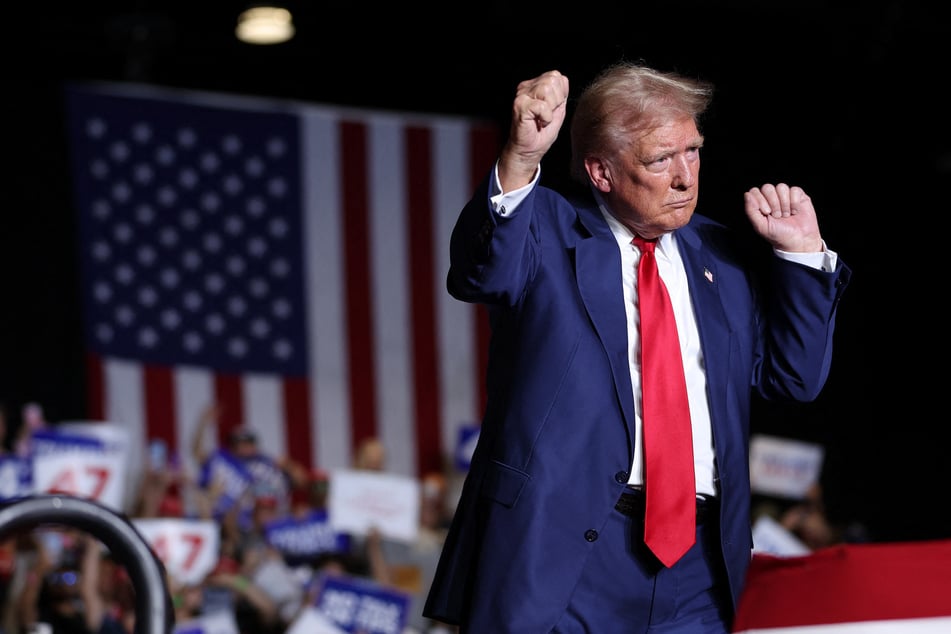TikTok battles US ban threat in court as judges challenge free speech claims
Washington DC - TikTok faced pushback in a federal court on Monday in its efforts to stop a law that requires the app to divest from its Chinese ownership or face a ban in the US.

A three-judge panel of the US Court of Appeals in Washington heard arguments from TikTok, its owner ByteDance, and a group of users claiming that the ban violates free speech and is unconstitutional.
The US government alleges TikTok allows Beijing to collect data and spy on users. It also says TikTok is a conduit to spread propaganda. China and the company strongly deny these claims.
TikTok has until January to find a buyer or face the ban, which would likely provoke a strong response from the Chinese government and further strain US-China relations.
It would also upend the social media business and rile many of the app's 170 million US users.
ByteDance, TikTok's parent company, has stated it has no plans to sell TikTok, leaving the app's legal appeal – focused on US guarantees for free speech – as its only option for survival.
Federal judges and TikTok lawyers spar over free speech considerations

"The law before this court is unprecedented. Its effect would be staggering," said Andrew Pincus, the lawyer arguing on behalf of the wildly popular video-sharing app.
"For the first time in history, Congress has expressly targeted a specific US speaker (i.e., TikTok USA)," he added.
In their questions, the judges challenged this argument, comparing it to earlier cases in US jurisprudence.
This included a case from the 1980s where closing the Palestine Information Office in Washington DC was deemed legal because it was backed by the PLO, an organization officially designated as a terrorist group.
TikTok's lawyer countered: "Mere foreign ownership can't possibly be a justification, because it would turn the First Amendment [protecting free speech] on its head."
He added that seeing foreign ownership alone as a criterion for forced divestiture "would be a pretty shocking change here," citing other foreign-owned media companies such as Politico, Al Jazeera, and the BBC.
The lawyer also questioned why the US law did not target e-commerce sites with similar Chinese ownership.
Pincus said that if you followed the US government's logic, which he disagreed with, "certainly those sites could well be susceptible to [China's] action, but they've been excluded by Congress [in the law.]"
TikTok free speech case likely to reach the US Supreme Court

The judges grilled the US government on whether TikTok USA, a US-based company, should be denied its free speech rights.
The US government lawyer, Daniel Tenny, insisted that the content being targeted was a recommendations algorithm based at ByteDance in China, not anything created by US users and that it was therefore out of reach of free speech considerations.
"There's really no dispute here that the recommendation engine is maintained, developed, and written by ByteDance, rather than TikTok US, and that is what's being targeted," Tenny argued.
The trio of judges will decide the case in the coming weeks or months, but regardless of their decision, the case is likely to reach the US Supreme Court, experts said.
The fate of Americans' access to TikTok has become a prominent issue in the country's political debates.
Republican presidential candidate Donald Trump has recently opposed a TikTok ban despite trying to ban the app as president in 2020 over national security concerns.
Democratic President Joe Biden, whose vice president Kamala Harris is running against Trump, signed the law that gives TikTok until January to shed its Chinese ownership or be expelled from the US market.
Cover photo: Kevin Dietsch/Getty Images/AFP Kevin Dietsch / GETTY IMAGES NORTH AMERICA / Getty Images via AFP